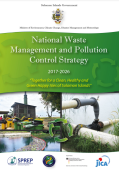
The strategy takes stock of the country's institutional and legal framework for waste management, and analyses trends on existing waste streams, including solid waste, hazardous and chemical waste, and e-waste.
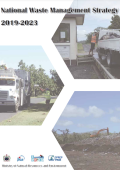
The strategy outlines priority areas based on an analysis of Samoa's solid and chemical and hazardous waste management system.
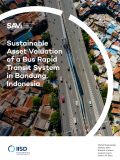
This report presents the economic valuation of a planned bus-rapid transit system in Bandung, Indonesia, including investment costs, added benefits and avoided costs.
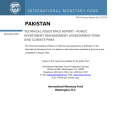
This assessment highlights some of the efforts made in recent years to strengthen public investment management in Pakistan, and ensuring public infrastructure is climate resilient.
This technical brief aims to highlight the key recommendations after assessing the readiness and need of Zambia to implement mitigation activities under the Article 6 of the Paris Agreement framework. This assessment is part of the Supporting Preparedness for Article 6 Cooperation (SPAR6C) program, a German-funded initiative led by GGGI...
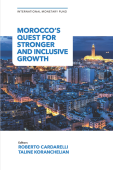
This book highlights the economic progress made by Morocco in recent decades and discusses the country's structural reform agenda that is more inclusive and private sector-led.
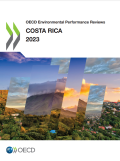
This report evaluates sustainable development progress in Costa Rica, focusing on biodiversity, and provides 52 recommendations aimed at improving environmental performance.
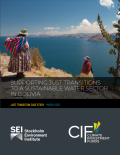
This case study examines Bolivia’s water resource management challenges and highlights significant conflicts and disparities in current water allocation that the transition will need to address.
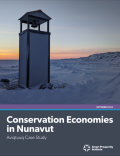
This report builds a compelling profile of the local conservation economy in Canada's Nunavut hamlet of Taloyoak, and presents ways to drive socio-economic development in the community.
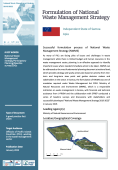
This case study highlights the successful process through which the National Waste Management Strategy (NWMS) in Samoa was formulated.
